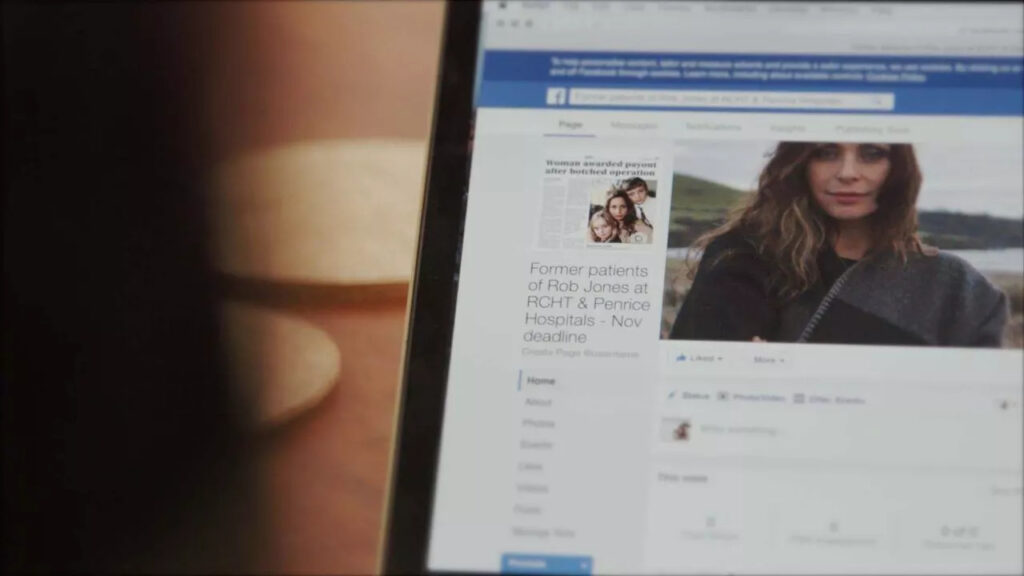With all medical negligence claims, there is a time limit, known as a limitation period. This is the timeframe within which you must commence court proceedings to be able to file a valid claim. So, how long might you have to bring a claim, and are there any exceptions to the rule?
What is the UK medical negligence time limit?
There is a time limit on your ability to make a medical negligence claim in the UK – usually, this is three years.
The limitation period may start from:
- The date of the negligent event
- The date you were first aware of the negligence.
The limitation period for medical negligence is the timeframe within which you have to issue a claim form at court – this begins proceedings.
For example, if you underwent a substandard operation on 12 March 2021 (and knew or should reasonably have known it was substandard at that time), court proceedings should be commenced by 11 March 2024 to prevent your claim from being statute-barred. This is when medical negligence claims are blocked because they miss the deadline.
However, if you were not aware that the operation was performed in a substandard way until 15 April 2022, court proceedings would need to be commenced by 14 April 2025. In such a case, further medical investigations might reveal the negligence.
What is the NHS negligence time limit?
The time limit for medical negligence in the UK is the same across NHS and private practice, and across all major specialisms. This means you also have three years to start bringing a medical negligence claim against the NHS.
Are there any exceptions to the medical negligence claim time limit?
There are a few key exceptions to the medical negligence time limit rules to keep in mind. In the UK, these usually apply to:
- Children aged under 18
- People who lack capacity – for instance, due to a mental disability
- Other discretionary circumstances, decided by the court.
If the person making a medical negligence claim is under 18, then the three-year period does not start until their 18th birthday. This means they have until their 21st birthday to start Court proceedings, even if the negligent injury occurred during early childhood or birth.
If the claimant does not have capacity – a term that means they struggle to understand, retain, weigh up or communicate information surrounding decisions – then the three-year period does not apply. To confirm this, they will need to take a medical assessment.
The Court also has the discretion to waive the medical negligence limitation period in limited circumstances – so if you’re close to the deadline, or if it has passed, it may still be worth pursuing a claim.
This might apply, for example, if you have a psychiatric injury related to your claim, and this has prevented you from bringing a claim at an earlier time.
When should I start a medical negligence claim?
With the medical negligence time limit in mind, it’s best to seek advice as soon as you can. Even if you aren’t sure about the details of your case, a specialist solicitor from our team may be able to help.
You might have concerns about treatment you received, either as an inpatient or outpatient, or wish to ask questions about the potential strength of your case. Either way, contact us to begin your journey.
Starting a medical negligence claim early helps you to start the process before the time limit and reduces the risk of related problems. But there are other benefits too.
Specialist solicitors may have easier access to the evidence they need if you launch proceedings soon after the event. The quicker you begin, the faster your case may reach a settlement – and the sooner you can start living in a way that’s closer to your old lifestyle.
Medical negligence claims can take several years to process. How long yours could take depends on:
- How serious the negligent event was. Life-changing personal injuries can fetch more compensation, which often equates to a longer processing time.
- Access to medical records and other evidence. If we need to contact multiple hospitals, doctors or other health bodies, or otherwise gather evidence, then this may add to the time duration to make a medical negligence claim.
- If the claim is contested, and if it goes to court. If the other party agrees with your stance and admits wrongdoing, things may be simpler than you expect.
On average, it took 1.6 years after notification for settlements reached in 2020-2021 to finalise, according to data from NHS Resolution. Higher sums of damages were likely to take longer.
The best way to understand what a medical negligence claim could look like for you is to speak to a specialist solicitor, who can explain the timescales likely to be involved in making your claim.
The medical negligence claim time limit: Key questions
What if I want to file a medical negligence claim after three years?
Medical negligence claims can sometimes be viable after the typical three-year time limit – so if you think you’re close to the deadline, or if you’re unsure, it’s still worth getting in touch. Your claim could be barred by the court if the limitation period has passed, but there’s a chance an exception may apply.
Can I claim for medical negligence after 10 or 20 years?
After 10 or 20 years, medical negligence claims can be more challenging – but there’s still a chance you can claim if a relevant exception applies. You may also be able to claim for historic medical negligence if new information highlights negligence-related injuries you didn’t know about before.
What are the statute of limitations for medical negligence in the UK?
Limitation, on negligence claims, refers to the time period within which you can bring a claim – the statute of limitations is simply the legal term for this ticking clock. Different limits apply for different types of negligence. In a clinical context, this is three years, as laid out in the Limitation Act 1980.























